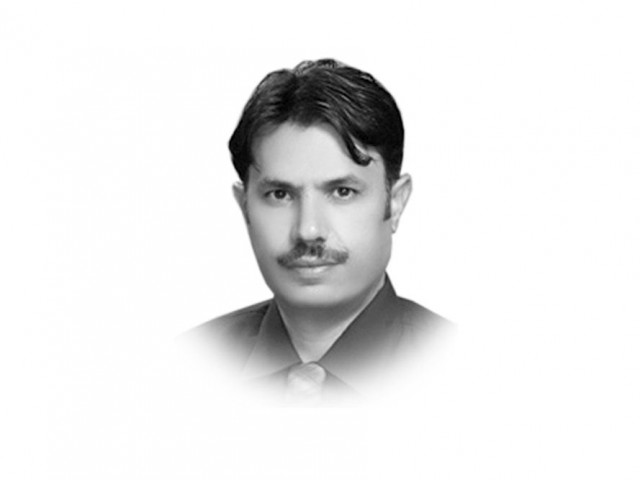Education policy and local languages
A cursory look at the language textbooks makes it clear that they instruct students in everything but languages.

The writer is executive director at the Institute for Education and Development in Swat
According to the official website of the K-P government, Pashto will be introduced as a compulsory subject in 17 districts from grade one to grade 10, with Hindko, Seraiki, Khowar and Indus-Kohistani introduced in the remaining seven districts of the province. Moreover, the K-P government had also taken steps to see to the formation of a Khyber-Pakhtunhwa Regional Languages Authority (KPRLA), which would work for the promotion of all the languages spoken in the province.
The provincial authorities have, indeed, taken some laudable measures in this regard, but progress in planning and implementation of these policies has yet to be witnessed. Indeed, catering to teaching materials in the local languages is not an easy task. On the one hand, Pakistan still lacks experts in curriculum designing while, on the other, many of the local languages, excluding Pashto, do not have standardised orthographies.
Amongst experts and language activists of the country, there is a collective realisation that many languages of this land are not duly recognised and explored. Owing to the perpetual neglect by the state, indigenous linguists are almost non-existent. There may be considerable awareness among speakers of indigenous local tongues that their languages might be in danger, but effective initiatives have yet to take place to preserve their richness.
Secondly, education and overall community development is actually at risk from current educational policies. Mainstream education today makes students disregard their native languages and culture. The contents of the syllabus are not only insufficient by global standards, but also cause tremendous damage to indigenous wisdom and knowledge by making it inferior in the eyes of youngsters. As a result, people deem their local culture and languages as the main cause of their lagging behind the larger communities in terms of development and progress. This attitude leads to a ‘language shift’ and thus poses a great threat to the linguistic and cultural diversity of the country.
Generally, the overall public education system is inadequate and language teaching is the primary victim. The reasons behind this deplorable situation are, of course, inadequate teaching materials, lack of teacher training, ineffective monitoring and lack of motivation in the teachers. A cursory look at the language textbooks makes it clear that they instruct students in everything but languages. Not only are the lessons in these books boring and unimaginative, they include no exercises in listening, speaking, reading and writing. Most of the lessons in these ‘language books’ are from Islamic history or Pakistan Studies.
The proposed KPRLA should assess languages pedagogy in the smaller languages so as to devise effective language teaching curriculum for the other languages, which would match the global standards of teaching languages. But unfortunately, the authority is now in doldrums and is far from accepting the linguistic diversity of the province.
Published in The Express Tribune, June 2nd, 2014.
Like Opinion & Editorial on Facebook, follow @ETOpEd on Twitter to receive all updates on all our daily pieces.















COMMENTS
Comments are moderated and generally will be posted if they are on-topic and not abusive.
For more information, please see our Comments FAQ